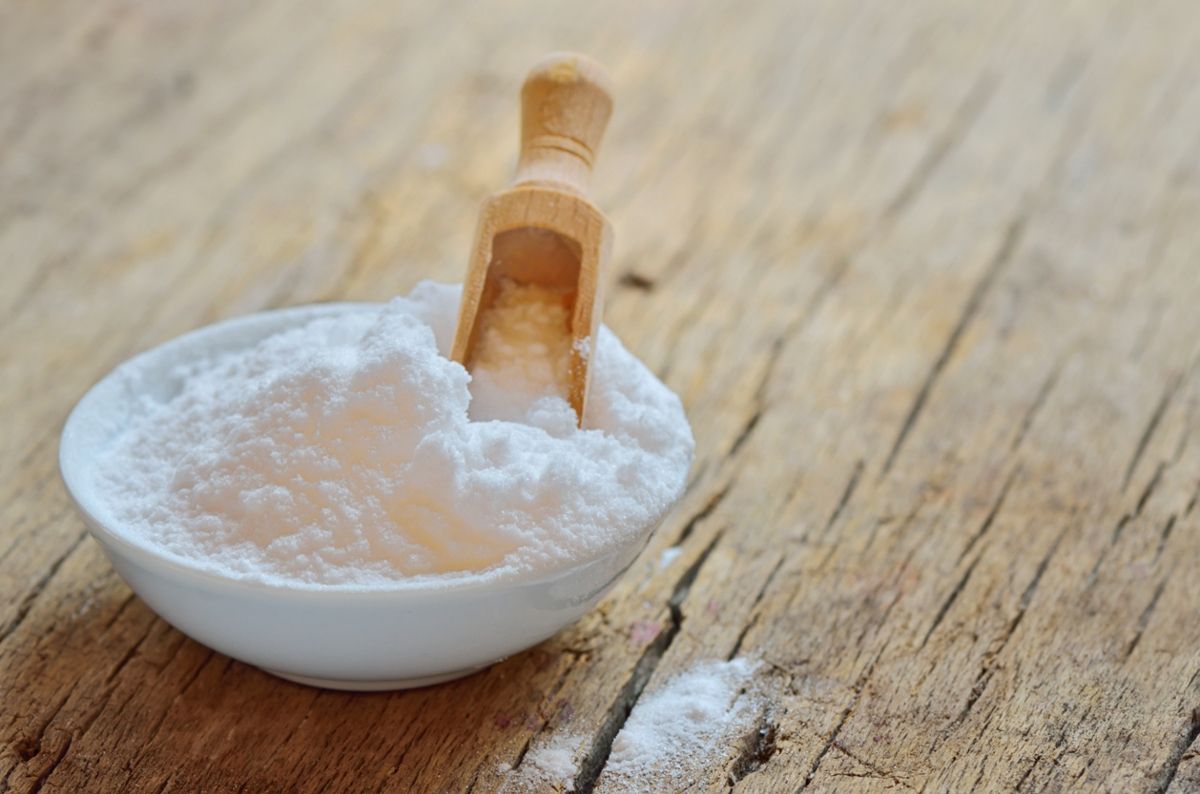From DIY oven cleaner to removing odor from rugs, baking soda, or sodium bicarbonate, has long been known as an essential home cleaning agent. But scientists are now discovering that it, and other bicarbonates, may have an even more important ability: to store and transport clean hydrogen.
Clean hydrogen is a promising renewable energy that has the potential to be used as an abundant, non-toxic fuel source made by breaking down water molecules to produce hydrogen and oxygen gas. Nevertheless, it has been slow to catch on in part due to the expense and difficulty to store and transport the hydrogen gas form which it is developed.
Scientists, however, are now examining a potential solution to these problems by using catalysts to store hydrogen in chemical bonds. The trick all comes down to the bicarbonate-formate cycle, a chemical reaction whereby hydrogen gas and bicarbonates react together creating a water-based solution that safely stores all that hydrogen gas.
However, the process also works in reverse where a formate, a type of salt molecule, is dissolved in that water-based solution and can be converted into bicarbonates like sodium bicarbonate and potassium bicarbonate, a common baking soda substitute, releasing hydrogen gas as a byproduct. This reversibility allows scientists to capture and release hydrogen gas on command with minimal energy input. The solution would look just like water and be easy to produce, non-toxic, and non-flammable, allowing for simple transportation of the hydrogen without additional safety risks.
While clean hydrogen still has many obstacles ahead of it, it may be that bicarbonates like baking soda are a necessary step toward cleaner, brighter energy.










